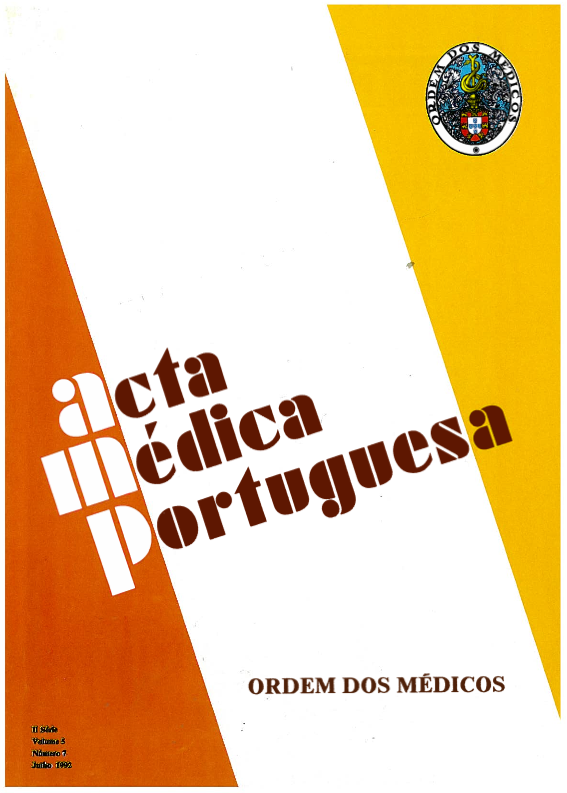A investigação em psicossomática. Alguns aspectos teóricos e metodológicos.
DOI:
https://doi.org/10.20344/amp.3262Resumo
This article mentions ther present main lines of psychosomatic research either in what concerns the elimination of the concept of psychosomatic illness, or in what concerns its etiological understanding of the peculiar ways of therapeutic approach. We specify some methodological problems resulting from using several instruments to collect data and measure them. We analyse the theoric relevance of the constructs: depressive equivalents and, specially, the alexithymia one. Starting from the consensual phenomonological description of this construct, we explain its psychodynamic understanding, its neurophysiologic basis and sociocultural determination. We question the relationship between alexithymia and psychosomatic illness. We point out the pertinency of its utilization as a risk or maintainance factor and the possibility of its modelling by ambiance factors. We clarify the main heuristic contributions of this construct to psychosomatic investigation and we analyse, critically and concisely, the validity and fidelity of some instruments of measure built to measure it. It is necessary to pay prior attention to psychosomatic investigation in the health area. We propose lines of investigation to be developed in our country that should have a multidisciplinary perspective.Downloads
Downloads
Como Citar
Edição
Secção
Licença
Todos os artigos publicados na AMP são de acesso aberto e cumprem os requisitos das agências de financiamento ou instituições académicas. Relativamente à utilização por terceiros a AMP rege-se pelos termos da licença Creative Commons ‘Atribuição – Uso Não-Comercial – (CC-BY-NC)’.
É da responsabilidade do autor obter permissão para reproduzir figuras, tabelas, etc., de outras publicações. Após a aceitação de um artigo, os autores serão convidados a preencher uma “Declaração de Responsabilidade Autoral e Partilha de Direitos de Autor “(http://www.actamedicaportuguesa.com/info/AMP-NormasPublicacao.pdf) e a “Declaração de Potenciais Conflitos de Interesse” (http://www.icmje.org/conflicts-of-interest) do ICMJE. Será enviado um e-mail ao autor correspondente, confirmando a receção do manuscrito.
Após a publicação, os autores ficam autorizados a disponibilizar os seus artigos em repositórios das suas instituições de origem, desde que mencionem sempre onde foram publicados e de acordo com a licença Creative Commons









